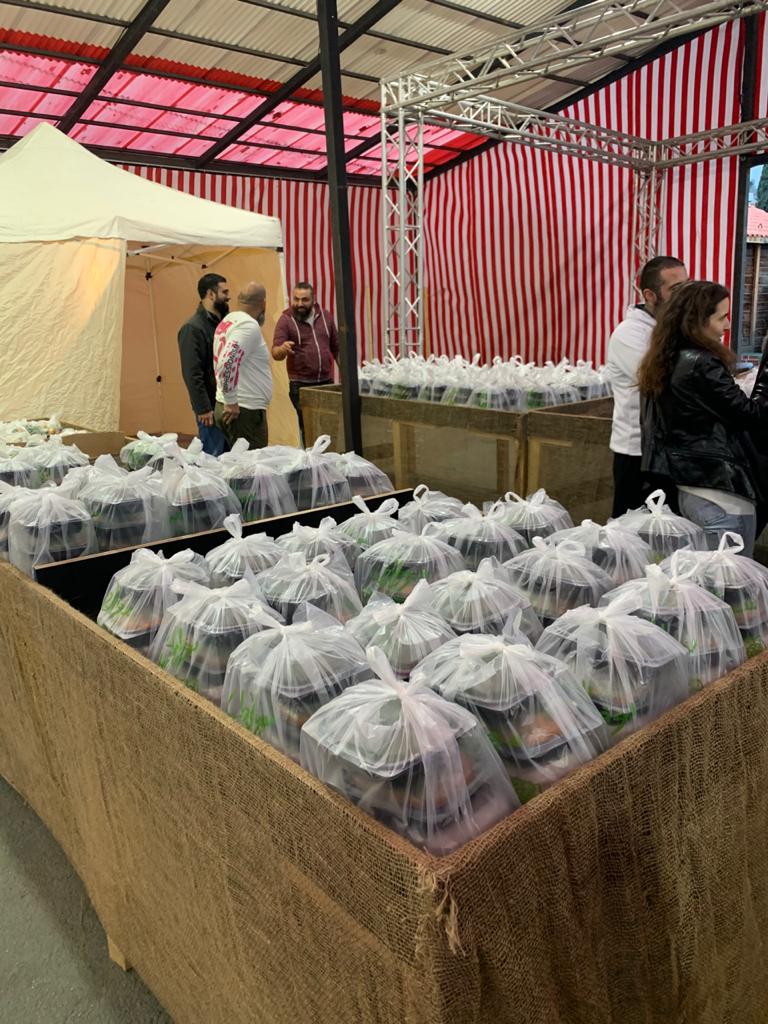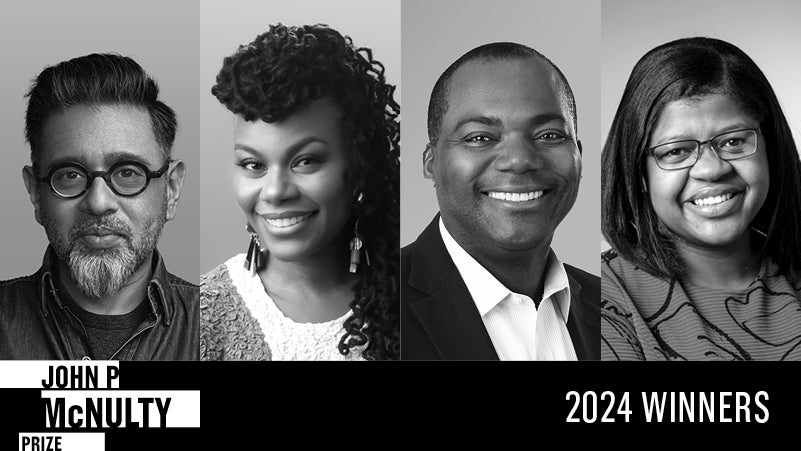Immediate action. Given the confluence of a global pandemic, crumbling economies and livelihoods, and reckonings on widespread racial inequities, that is what the world needs. It is also the reason the 2020 Resnick Aspen Action Forum chose Martin Luther King Jr.’s words “the fierce urgency of now” as its theme.
Since 2013, Fellows of the Aspen Global Leadership Network have gathered annually on the Aspen Meadows campus to reflect on the pressing challenges of our time, determine where their leadership fits in, and collectively move toward action. This year’s challenges were more evident than ever, yet there would be no in-person assembly. Instead, just over 500 Fellows and their families would have to connect with one another from living rooms, bedrooms, and makeshift offices all over the world.
In the kick-off session, three fellows addressed the ways they have had to grapple with discomfort and changes in ways of thinking. The XPrize Foundation is known for its incentivized competitions in the pursuit of breakthrough ideas and technologies. This year the organization knew that collaboration would be more important. “Let’s disrupt ourselves and the way we do business,” said CEO Anousheh Ansari, a Fellow of the Middle East Leadership Initiative. In March, the organization launched the XPrize Pandemic Alliance with a call to action to anyone interested in tackling the many crises of Covid-19. Almost 200 participants join weekly calls to discuss solutions for treatment, triage, rapid testing, public health campaigns around mask adoption, and the psychological effects of the disease.
“Innovation can come from anywhere,” said Christian Marin-Müller, CEO of Speratum Cancer Therapeutics and Fellow of the Central America Leadership Initiative. Christian is no stranger to disruption. When the pandemic hit, his Costa Rican startup began adapting the technology it has spent the last decade developing to target viral RNA strands of coronavirus instead of pancreatic cancer molecules. “We’re doing things that have never been done from our area of the world,” he noted. Christian believes that transformations can happen when people bring their different experiences to the table.
Lisa Fitzpatrick chose a career in the health services for that exact reason—to bring her perspective to the table. “For me, the intersection of race and health has always been unfolding in plain sight because I grew up Black in America.” As a Health Innovators Fellow and the founder of Grapevine Health, Lisa works to build trust in Black and brown communities through storytelling. She isn’t surprised at the lack of faith in leaders or science. The origins of distrust are borne from decades of unaddressed bias, structural racism, and health disparities. Given that trust is linked to vaccine uptake, acknowledgment and intervention happen are critical. Lisa emphasized the need to see community members as an equal part of this process. “Be intentional about listening and including voices of the people we serve in all decision making,” she said. “There’s so much power there and it’s time for us to leverage it.”
This sentiment was shared and emphasized by the Action Forum’s keynote speaker, Jacqueline Novogratz, a Henry Crown Fellow and Institute trustee. She was joined in conversation by her long-time friend Mehrdad Baghai, another Henry Crown Fellow and the chairman and CEO of High Resolves. Jacqueline has 35 years of experience targeting global poverty through entrepreneurial approaches as the CEO and founder of Acumen. Earlier this year, she released her book Manifesto for a Moral Revolution: Practices to Build a Better World about creating hope in a cynical world. Jacqueline charged the Fellows to see those they are working with as equal—without idealizing nor victimizing them—and to get to know them. Moral imagination isn’t possible without deep listening. We must “listen from a place of inquiry and not certainty,” she said, “not to convince or convert, but to change ourselves.”
In Jacqueline’s organization, people are encouraged to bring their full identities into focus and find pieces of themselves that allow for connection. This is how trust is built, particularly along lines of difference. Just as nations have begun to address racism and inequities, so too has the AGLN. Although she acknowledged that Fellows are often branded as leaders, Jacqueline would rather think of them as a group on the path to moral leadership. She believes this is a better way of addressing the pain and misunderstanding within the AGLN community. This also means bringing forward what is good while leaving behind what no longer serves the world we are creating together.
“We are at an extraordinary inflection point,” Jacqueline said. “What binds this community is a deep desire to be of service. To be good. To be seen and to see each other. And this is our moment.”


